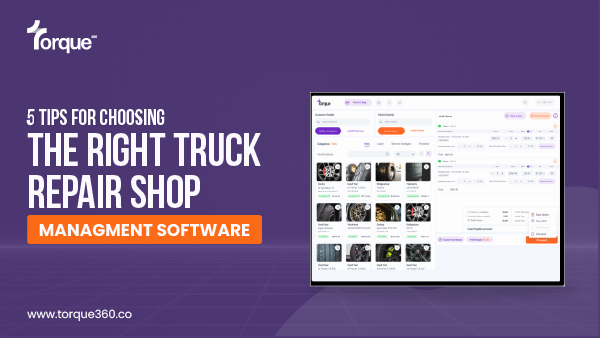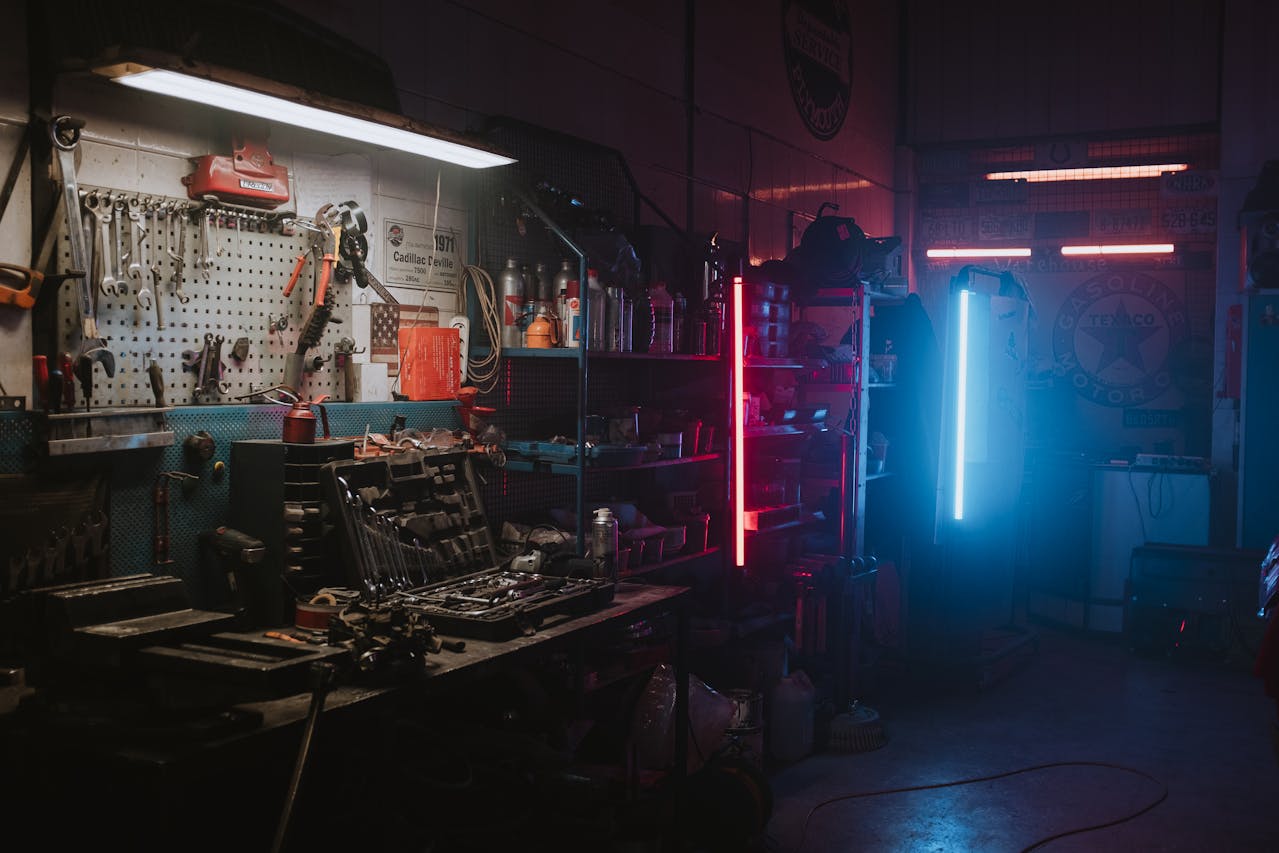The global market for medium- and heavy-duty commercial vehicles (MHCVs) is about to undergo disruption. Concerns over climate change are causing this business to shift as new technology and stronger regulations take effect.
Experts from S&P Global Mobility and S&P Global Commodity Insights address the key concerns facing the MHCV sector in the 2023 Reinventing the Truck (RTT) report. This report helps us understand a changing world.
There is hope for electric vehicles, but there are also challenges. S&P Global’s approach tries to balance these two things.
This year, they focus on better chances for natural gas and hybrid trucks and the difficulties of building the proper infrastructure for the MHCV energy transition. Therefore, truck shop management software in the repair industry is becoming more critical in managing these changes.
A Look Ahead
As countries worldwide aim to reduce pollution, zero-emission vehicles (ZEVs) are becoming more critical. Trucks, mainly medium and heavy commercial ones, will play a big part in this change.
In 2023, these trucks made up less than 4% of all vehicles sold, but they used 39% of the fuel for road transport and produced 40% of the CO2 emissions from road vehicles.
This report looks at how new technologies and rules will affect the demand for trucks, the types of engines they use, the energy they need, and how different regions are trying to meet climate goals over the next 30 years. It focuses on four main areas: mainland China, Europe, Japan, and the United States.
The report presents two possible futures up to the year 2050:
Inflection Scenario
This scenario imagines that things continue as they are now. Efforts to reduce pollution are balanced with the challenges of adopting new technologies.
Green Rules Scenario
This scenario sees a strong push for clean energy, with new technology and a focus on fighting climate change, which will significantly change the types of fuel trucks used.
These scenarios help us understand what might happen as we work towards cleaner transportation.
Impact of Trucking Industry Trends
The given map displays the top ten transportation trends for 2024. Trucking is becoming more environmentally friendly and efficient because of these trends.
The most significant development is shared freight, which enables drivers to avoid traveling empty and create more efficient routes This saves time and fuel.
Other significant trends include green trucking and self-driving trucks. These trends help reduce fuel use and pollution, along with using sensors and robots.
Next, there are trends like trucking analytics and fleet management. These help truckers make more intelligent choices and track how things are going.
There are also improvements in handling invoices and on-demand trucking, which make it easier for trucking businesses to manage money and be flexible.
Therefore, truck shop management software is becoming more popular, helping shop owners keep their repair records efficiently and running smoothly.
Trends that are Shaping Trucking Industry
Every year, we should talk about the new Reinventing the Truck study. We look back at significant events and changes from the past year.
We also think about the latest trends and significant changes that might happen soon.
This year’s report is just like that.
Hybrid Electric Vehicles on the Rise
More individuals opt for hybrid electric vehicles (HEVs) over alternative vehicles, such as automobiles that run on natural gas.
There are a few reasons for this change:
- New Rules: New laws are coming that make it essential to choose cleaner cars.
- Battery Problems: People worry there might not be enough materials to make batteries for electric vehicles.
- High Costs: Electric Trucks can be very expensive.
- Not Ready Yet: The places to charge electric cars are not everywhere, so it can be hard to use them.
Because of these reasons, more people are buying HEVs now than before.
Torque360 Provides Truck Shop Management Software
Truck repair shops need a payment system that is quick and reliable. With Torque360, you get both! Our payment processing is super fast, taking less than 10 seconds. In addition, there are no hidden fees—just simple flat rates.
With our point-of-sale system, truck shops can make more money by accepting customer payments quickly and easily. This software is integrated with TorquePay, which streamlines your invoicing process.
You can use all primary forms of payment, including credit cards, debit cards, and Apple Pay.
Advancements in Clean Trucks
In some parts of the world, the sales of zero-emission trucks (ZEVs) are expected to speed up in the Inflections scenario compared to what experts thought a year ago.
This is because new trucks are being introduced, governments are making new rules, and programs are starting to help make trucks less harmful to the environment.
However, it’s essential to know that these improvements are mainly focused. The United States are predicted to see the most significant shifts, primarily in the late 2020s and early 2030s.
Most of these modifications will be found in trucks that utilize fuel cells (fuel-cell electric vehicles, or FCEVs) and trucks that operate on batteries (sometimes known as battery-electric vehicles, or BEVs).
More individuals anticipate that trucks will utilize cleaner vehicles and a combination of energy sources, such as natural gas, by 2050, when the changes will be less dramatic.
Wrapping Up!
These scenarios tell stories about how the truck market might change and how new clean energy technologies could affect what kinds of fuel trucks use. Each idea in the report points to one clear message: things will keep changing.
Additionally, new technologies like truck shop management software are becoming more important in the truck industry. These systems help truck shops run more smoothly by organizing schedules, inventory, and repairs



